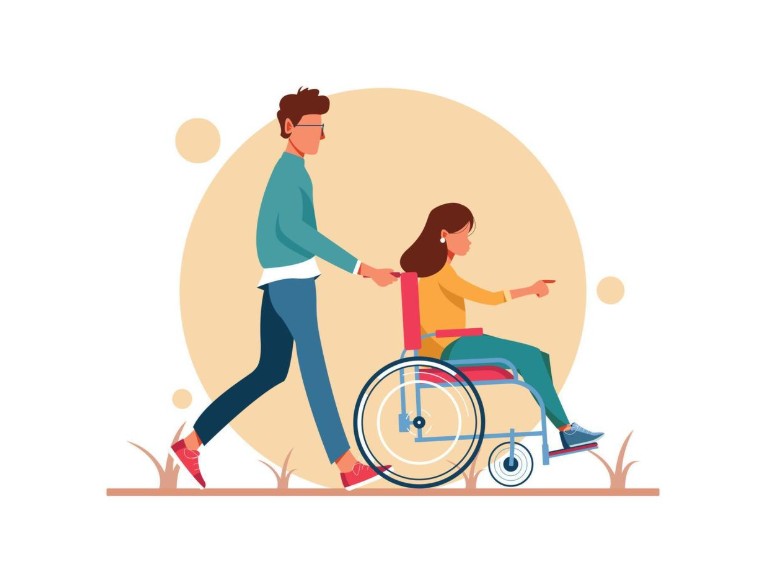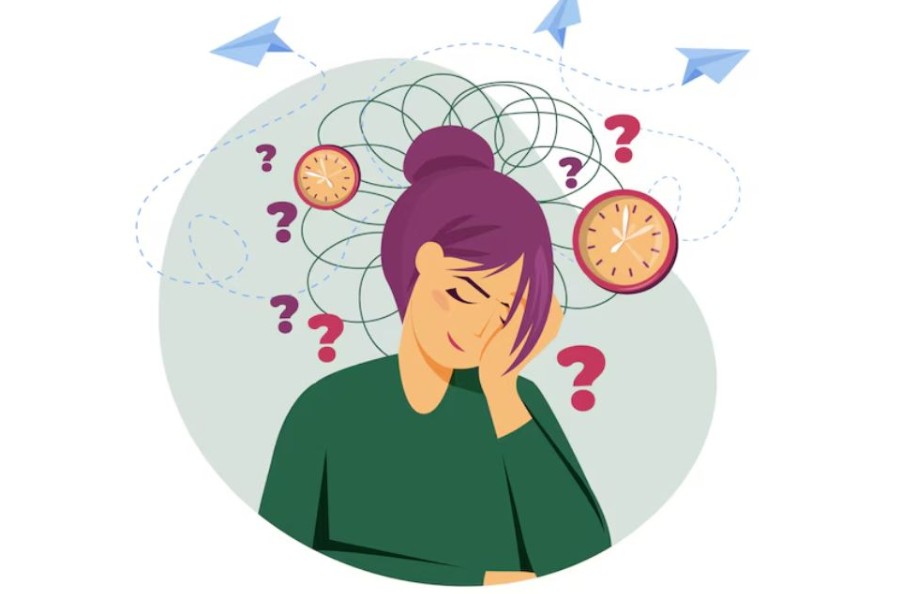Attendance Allowance (AA) is a lifeline for those aged 65 and over in the UK who need help with personal care due to a medical condition or disability. Whether you need assistance with mobility, bathing, dressing, or supervision, this benefit is designed to help those who face significant challenges in daily life. But how do you know if you qualify for Attendance Allowance, and what medical conditions qualify for Attendance Allowance? Let’s break it down in this comprehensive guide, from the basic eligibility criteria to the types of medical conditions that may qualify.
What Is Attendance Allowance?
Attendance Allowance is a government benefit that provides financial assistance to individuals who need care due to a medical condition or disability. It is available to those over the age of 65 who have difficulty performing daily tasks, whether they are living with a disability, chronic illness, or mental health condition.
The allowance is granted without considering your income or savings, making it accessible to everyone. Instead, it focuses on your care needs: how much assistance you need with personal care, supervision, or mobility. Importantly, the amount of the benefit you receive is determined by the level of care you require, not the nature of your condition.
Why Does Attendance Allowance Matter?
- Provides Vital Support: The allowance helps people with significant care needs pay for personal care services or support from family and friends.
- Does Not Depend on Income or Savings: It’s designed for people with health issues, regardless of their financial situation.
- Non-repayable: The benefit is paid directly to the individual and does not need to be paid back.
What Medical Conditions Qualify for Attendance Allowance?
While there is no exhaustive list, there are several medical conditions and types of impairments that commonly qualify for Attendance Allowance. The condition must cause a level of disability or impairment that leaves an individual needing help with personal care tasks or supervision.
1. Physical Disabilities and Mobility Impairments

Physical conditions that limit mobility or the ability to perform personal tasks often qualify for Attendance Allowance. Here are a few of the frequently encountered conditions within this group:
- Severe Arthritis: This condition leads to significant joint pain, swelling, and stiffness, which can make tasks like dressing, walking, or personal hygiene difficult without help.
- Stroke: Survivors of strokes often face paralysis, weakness, and coordination problems that make daily activities challenging.
- Parkinson’s Disease: With symptoms like tremors, rigidity, and slow movements, individuals may need support with dressing, bathing, and even eating.
- Muscular Dystrophy: A condition where the muscles weaken over time, impairing mobility and the ability to perform personal tasks without assistance.
- Amputation: Losing a limb can severely limit mobility and daily functioning, making care support essential.
2. Mental Health Conditions

Mental health conditions that severely impact daily living and the ability to care for oneself also qualify for Attendance Allowance. These include:
- Dementia: Progressive conditions like Alzheimer’s disease cause memory loss, confusion, and difficulties with day-to-day tasks such as eating, dressing, or moving around.
- Severe Depression: In cases where depression results in an inability to care for oneself, including not being able to perform personal hygiene, or needing constant supervision.
- Anxiety Disorders: For individuals suffering from severe anxiety or panic attacks, daily tasks may become unmanageable, requiring external help for supervision or support.
3. Sensory Impairments

Conditions that cause vision or hearing loss also may qualify an individual for Attendance Allowance, particularly when they impact personal care or safety.
- Blindness or Severe Visual Impairment: People who are blind or severely visually impaired may struggle with tasks like cooking, grooming, or moving around without assistance.
- Deafness or Severe Hearing Loss: Significant hearing loss can lead to isolation, difficulty in communication, and increased safety risks, requiring help for tasks such as cooking, cleaning, or personal care.
4. Long-Term Illnesses and Progressive Conditions

Long-term illnesses and conditions that worsen over time can also lead to eligibility for Attendance Allowance. Below are some commonly observed instances.
- Cancer: Particularly in advanced stages, cancer may leave individuals unable to perform basic personal care tasks due to fatigue, pain, or immobility.
- Multiple Sclerosis (MS): MS causes a variety of issues, from mobility difficulties to cognitive problems, requiring additional care and supervision.
- Chronic Fatigue Syndrome: Individuals with chronic fatigue experience extreme exhaustion that makes daily activities difficult without help.
How Do I Apply for Attendance Allowance?
Applying for Attendance Allowance is a relatively straightforward process, but it can be time-consuming. You will need to demonstrate that you require help with personal care or supervision.
- Step 1: Check Eligibility – Ensure that you meet the basic criteria (age 65 or over, need assistance with personal care).
- Step 2: Complete the Application Form – You can apply by calling the Attendance Allowance helpline or completing the form online.
- Step 3: Submit Medical Evidence – While medical evidence is not required upfront, it may be requested during the review process. This could include reports from doctors or carers.
- Step 4: Wait for a Decision – After submitting your application, it typically takes several weeks to receive a decision.
How Much Will I Receive From Attendance Allowance?
The level of Attendance Allowance you may be eligible for depends on the extent of care and support you require:
| Level of Care | Weekly Amount (2025) |
|---|---|
| Lower Rate (help during the day) | £68.10 |
| Higher Rate (help during day and night) | £101.75 |
This payment is made every four weeks and can help cover the costs of care or support services.
What Are the Financial and Practical Advantages of This Benefit?
- Direct Financial Support: The money can be used to pay for care services, such as hiring a carer or paying for a care home.
- Helps Family Members: If a family member is providing care, the individual receiving Attendance Allowance may use the funds to compensate for the time spent providing that care.
- Access to Other Benefits: Receiving Attendance Allowance can open up access to other financial support options, such as Council Tax discounts or Carer’s Allowance for the person caring for you.
Conclusion
Determining what medical conditions qualify for Attendance Allowance is not just about a specific diagnosis. It’s about the level of care needed and how a condition impairs daily activities. From mobility issues caused by physical disabilities to cognitive impairments due to mental health conditions, many factors play a role in qualifying for this vital support.
Attendance Allowance can make a significant difference to the quality of life for those in need, offering financial support to cover the costs of personal care, supervision, or assistance with daily living tasks. If you or a loved one believes you may be eligible, don’t hesitate to apply – the support could be exactly what’s needed to maintain independence and improve your quality of life.
FAQs About Attendance Allowance
Can I apply for Attendance Allowance if I’m under 65 but need care?
No, Attendance Allowance is only available to individuals who are 65 or older. However, those under 65 with similar needs may be eligible for other forms of support, such as Disability Living Allowance (DLA).
Do I need to be receiving professional care to apply?
No, Attendance Allowance is based on the level of help you need, not whether it is provided by a professional. You may receive help from family members, friends, or carers, and still qualify for the benefit.
What is the usual timeframe for receiving a final decision?
In most cases, a decision is reached within 8 to 12 weeks, though applications submitted from outside the UK might require additional time.

Leave a Reply